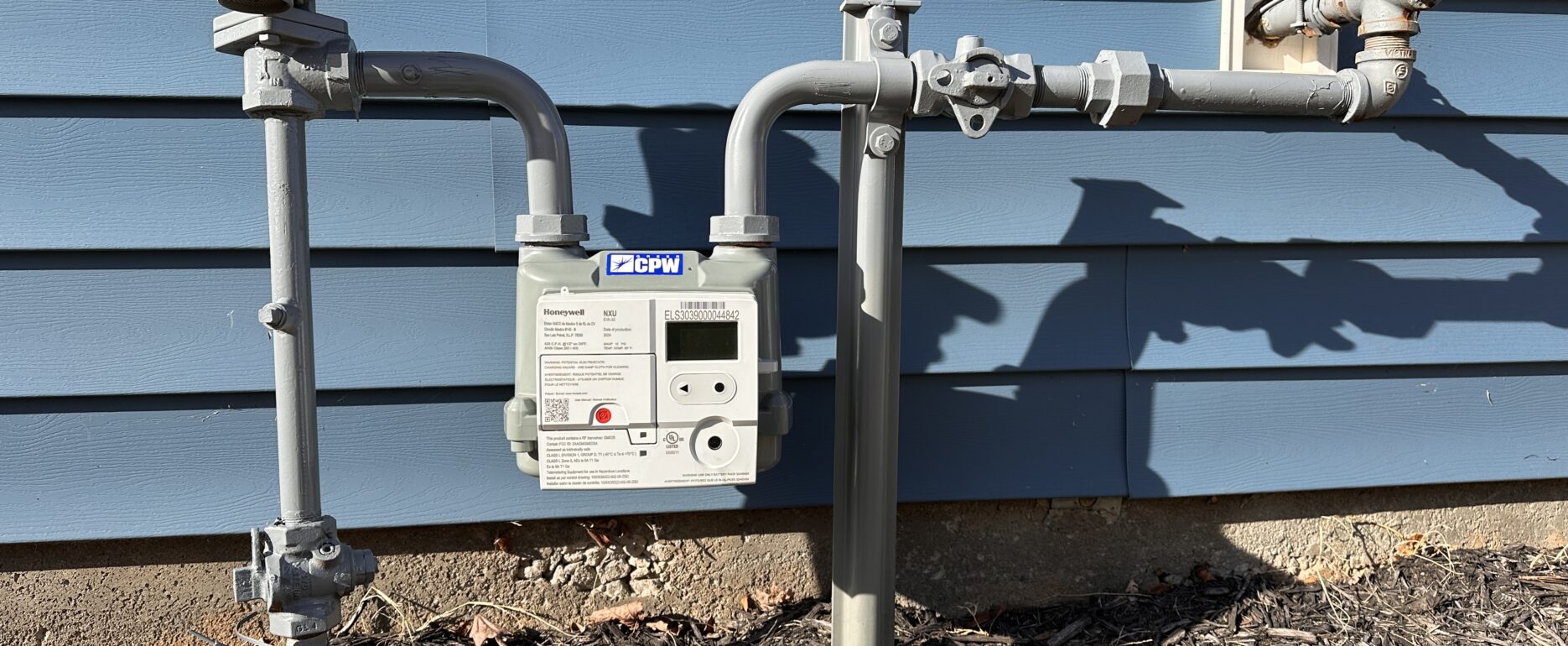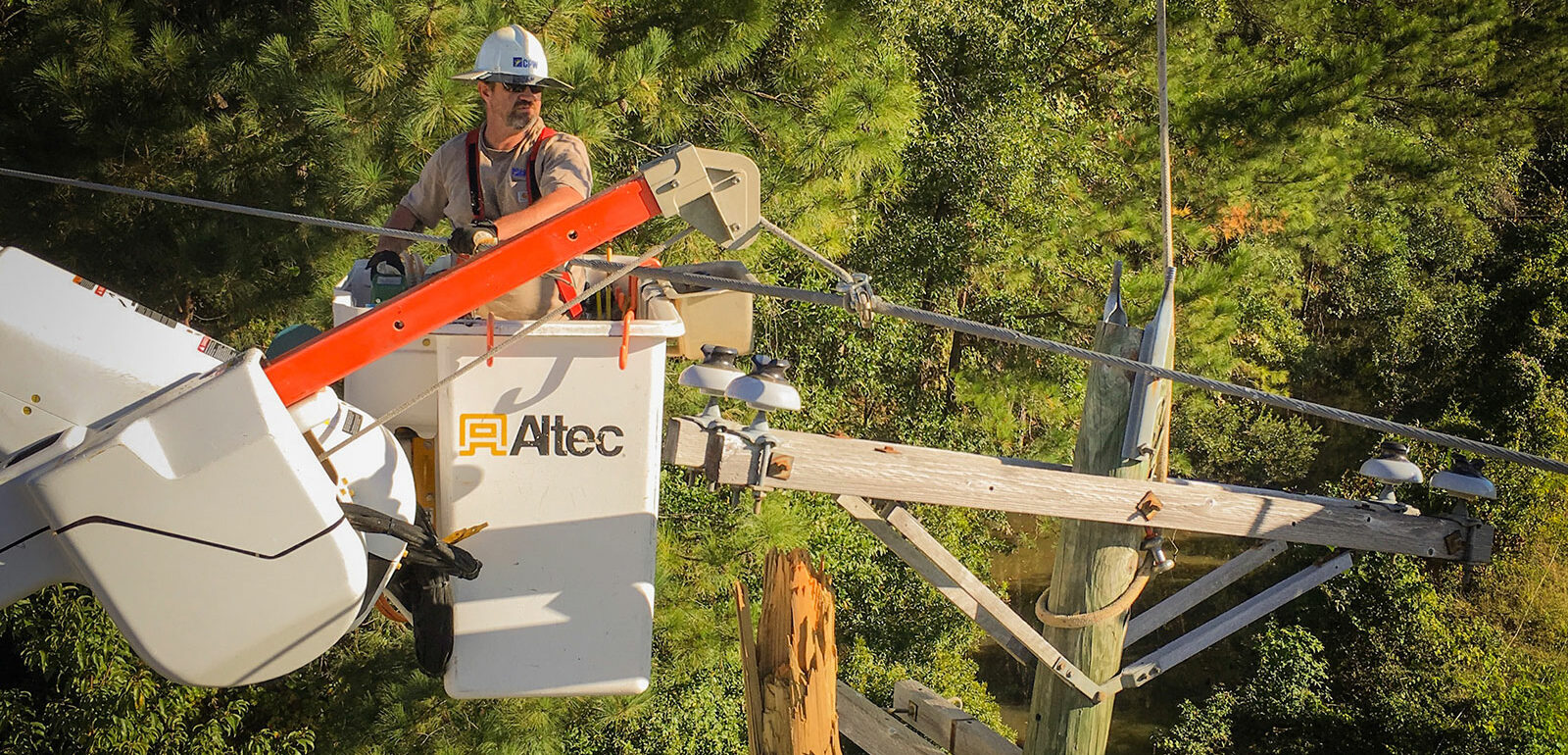Focusing Our Energy On You
link to bill pay options page
Bill Pay Options
link to start-stop service page
Start/Stop Service
link to utilities overview page
Utilities
link to service request page
Report a Street Light Out
link to outages page
Power Outages
link to lakes and recreation page




